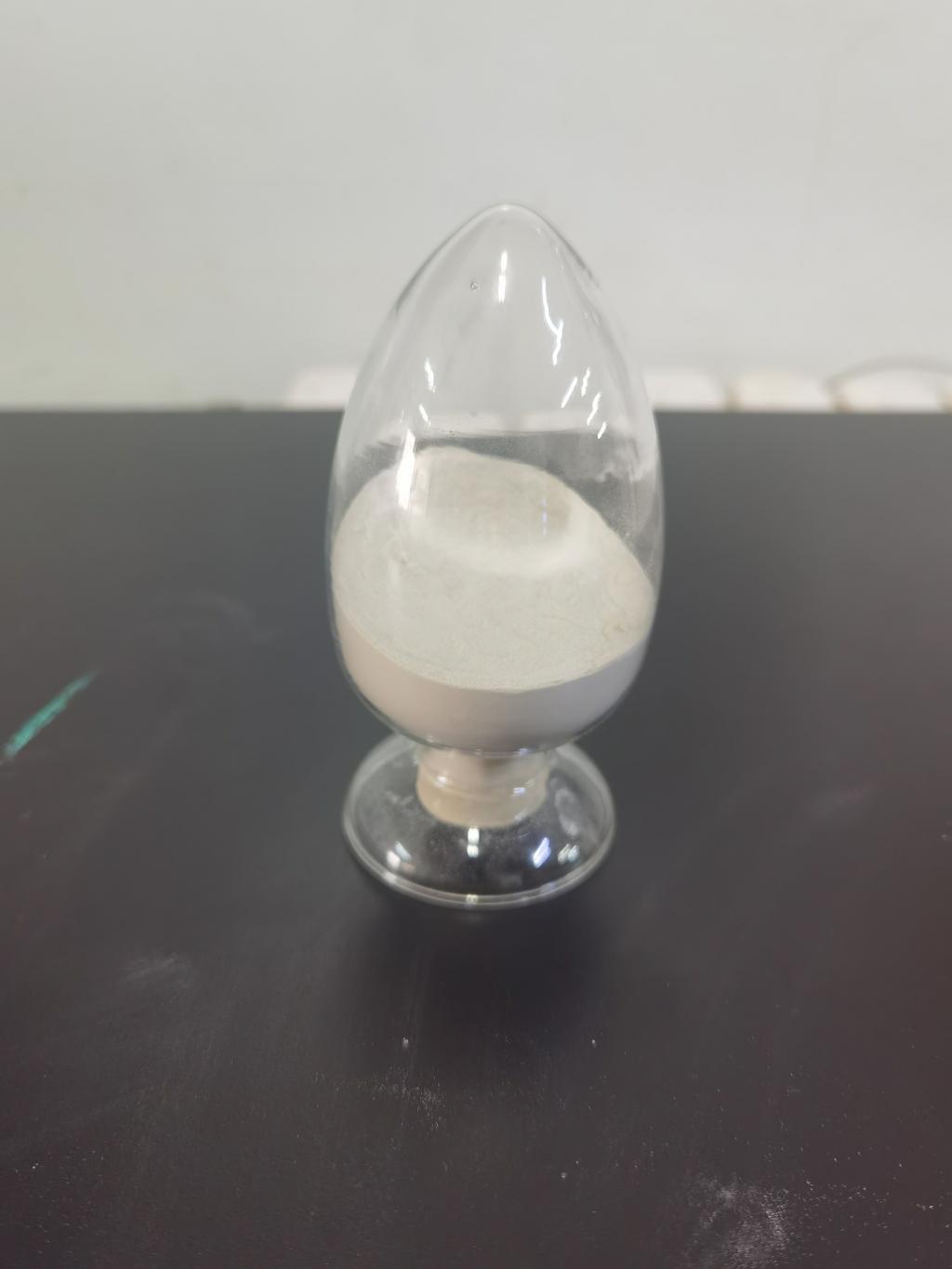Tel:+8618231198596

News
 CONTACT
CONTACT
 CONTACT
CONTACT
- Linkman:Linda Yao
- Tel: +8618231198596
- Email:linda.yao@dcpharma.cn
- Linkman:CHARLES.WANG
- Department:Overseas
- Tel: 0086 0311-85537378 0086 0311-85539701
News
Nisin's Potential for Enhancing Food Quality.
TIME:2023-11-09
Preservation of Food Freshness:
One of the fundamental ways nisin enhances food quality is by preserving the freshness of products. By effectively controlling bacterial growth, nisin prevents spoilage, off-flavors, and the deterioration of food texture. Freshness is a key quality attribute, especially in perishable foods like dairy, meats, and baked goods.
Extended Shelf Life:
Nisin's ability to extend the shelf life of food products is essential for both manufacturers and consumers. Longer shelf life means less food waste and more economical products for consumers. This is particularly valuable in reducing waste in the context of increasing awareness of sustainability and environmental concerns.
Enhanced Safety:
In addition to improving shelf life, nisin enhances food quality by ensuring safety. It inhibits the growth of foodborne pathogens, such as Listeria and Staphylococcus, contributing to safer food products. This is of paramount importance in ready-to-eat and minimally processed foods.
Preservation of Nutritional Value:
Nisin's role in preserving food quality extends to maintaining the nutritional value of products. By preventing microbial spoilage, nisin helps to ensure that the nutrients in the food are retained, making the product more nutritious and beneficial to consumers.
Enhanced Sensory Attributes:
Nisin can positively impact the sensory attributes of food products. By preventing bacterial spoilage, it helps maintain the product's intended flavor, aroma, and texture. For example, in fermented dairy products like yogurt, nisin can prevent the growth of undesired microorganisms that may negatively affect the product's taste and texture.
Reduced Need for Chemical Preservatives:
The use of nisin in food processing can reduce the reliance on chemical preservatives. This is particularly important for consumers who are increasingly seeking natural and clean-label products. Nisin offers a more natural alternative to synthetic preservatives, aligning with current consumer preferences.
Quality Enhancement in Dairy Products:
Dairy products are among the beneficiaries of nisin's quality-enhancing properties. It helps prevent spoilage by lactic acid bacteria and molds in products like cheese and yogurt. This ensures that these dairy products maintain their intended texture, flavor, and overall quality.
Improving the Quality of Meat Products:
In the meat industry, nisin's potential for enhancing food quality is evident in its ability to inhibit the growth of spoilage bacteria and pathogens. This results in fresher and safer meat products with extended shelf life. Nisin's synergy with other preservatives like nitrites further contributes to the quality and safety of processed meats.
Texture and Appearance in Baked Goods:
Nisin's application in baked goods extends to improving texture and appearance. By controlling microbial spoilage, it prevents the development of mold and unwanted changes in texture, such as sogginess or dryness. This is particularly important for products like bread, cakes, and pastries.
Quality Maintenance in Ready-to-Eat Foods:
The demand for ready-to-eat and convenience foods has grown substantially in recent years. Nisin plays a vital role in maintaining the quality and safety of these products. It prevents microbial contamination, ensuring that consumers can enjoy ready-to-eat meals without compromising on taste and texture.
Challenges and Considerations:
While nisin offers significant potential for enhancing food quality, its usage is not without challenges. Regulatory considerations, including maximum allowable levels and labeling requirements, can vary between countries. Careful formulation and compatibility with other ingredients must also be considered to maximize the benefits of nisin without compromising product quality.
Conclusion:
Nisin's multifaceted potential for enhancing food quality cannot be overstated. Its ability to preserve freshness, extend shelf life, enhance safety, and maintain sensory attributes makes it a valuable tool for the food industry. As consumer preferences evolve towards natural and clean-label products, nisin's role in reducing the need for chemical preservatives becomes even more important. Food producers should continue to explore the ways in which nisin can be incorporated into their products to offer safer, longer-lasting, and higher-quality food items to consumers.
- Tel:+8618231198596
- Whatsapp:18231198596
- Chat With Skype







